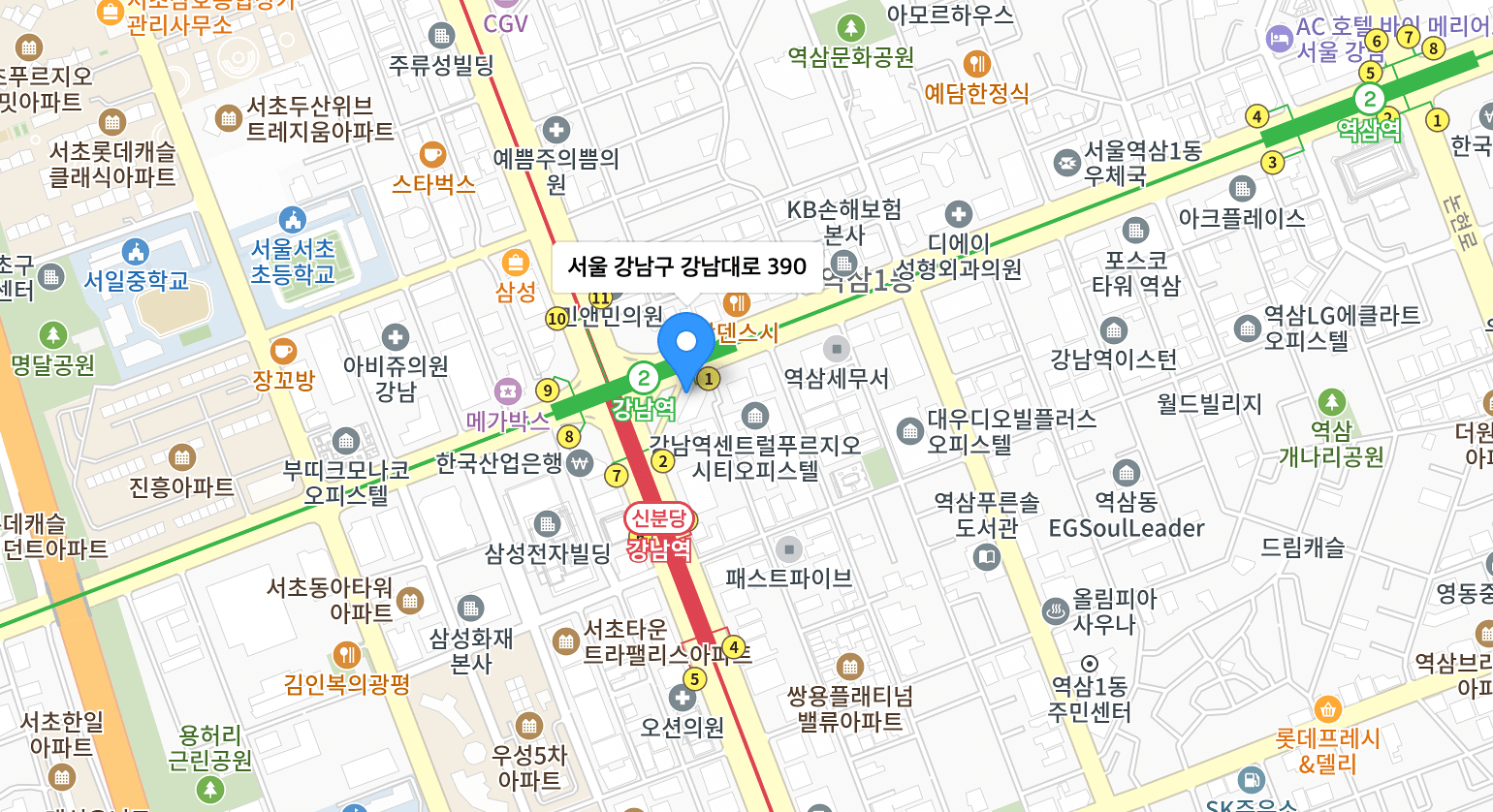Pap Smear in Korea
What Is a Pap Smear?
A Pap smear, also known as a Pap test, is a medical screening that checks for precancerous or cancerous changes in the cervix. It is the primary method used to detect cervical cancer and human papillomavirus (HPV) infections in women.
The test involves collecting a small sample of cells from the cervix, which is then examined under a microscope for abnormalities.
Who Should Get a Pap Smear?
Pap smears are recommended for:
- Women aged 21 and older, or within 3 years of becoming sexually active
- Women aged 21–65 as part of routine cervical cancer screening
- Women with a history of HPV infection or abnormal Pap results
- Women who want to monitor their cervical health regularly
Pap Smear Guidelines in Korea
- Every 3 years for women aged 21–65 with normal results
- Combined Pap smear + HPV test (co-testing) every 5 years for women aged 30–65
- More frequent testing may be recommended for women with risk factors (e.g., HPV, weakened immune system)
Where to Get a Pap Smear in Korea
Pap smears are widely available at:
- Gynecology clinics
- General hospitals (Obstetrics & Gynecology department)
- Public health centers (some offer free Pap tests)
- International clinics in Seoul (for English-speaking services)
Cost of a Pap Smear in Korea
The average cost of a Pap smear in Korea:
- Public health centers: Often free or 5,000–10,000 KRW under national screening programs
- Private clinics/hospitals: 30,000 to 100,000 KRW, depending on the clinic and test type
Additional fees may apply for consultations, HPV testing, or follow-up care.
Pap Smear Procedure in Korea
- A speculum is gently inserted into the vagina to access the cervix
- A small brush or spatula collects cervical cells
- The sample is sent to a laboratory for analysis
- The procedure is quick (5–10 minutes) and usually painless, though some may feel mild discomfort
Benefits of a Pap Smear
- Early detection of cervical cancer
- Identification of precancerous cell changes
- Detection of HPV infections (if co-testing is done)
- Increased peace of mind and confidence in health
Risks and Considerations
- Mild spotting or discomfort after the test
- False-positive or false-negative results (rare)
- Follow-up may be required for abnormal results
Pap smears are a simple, effective way to protect cervical health. In Korea, they are accessible and often covered by national health programs, making them a smart choice for women’s health and cancer prevention.

